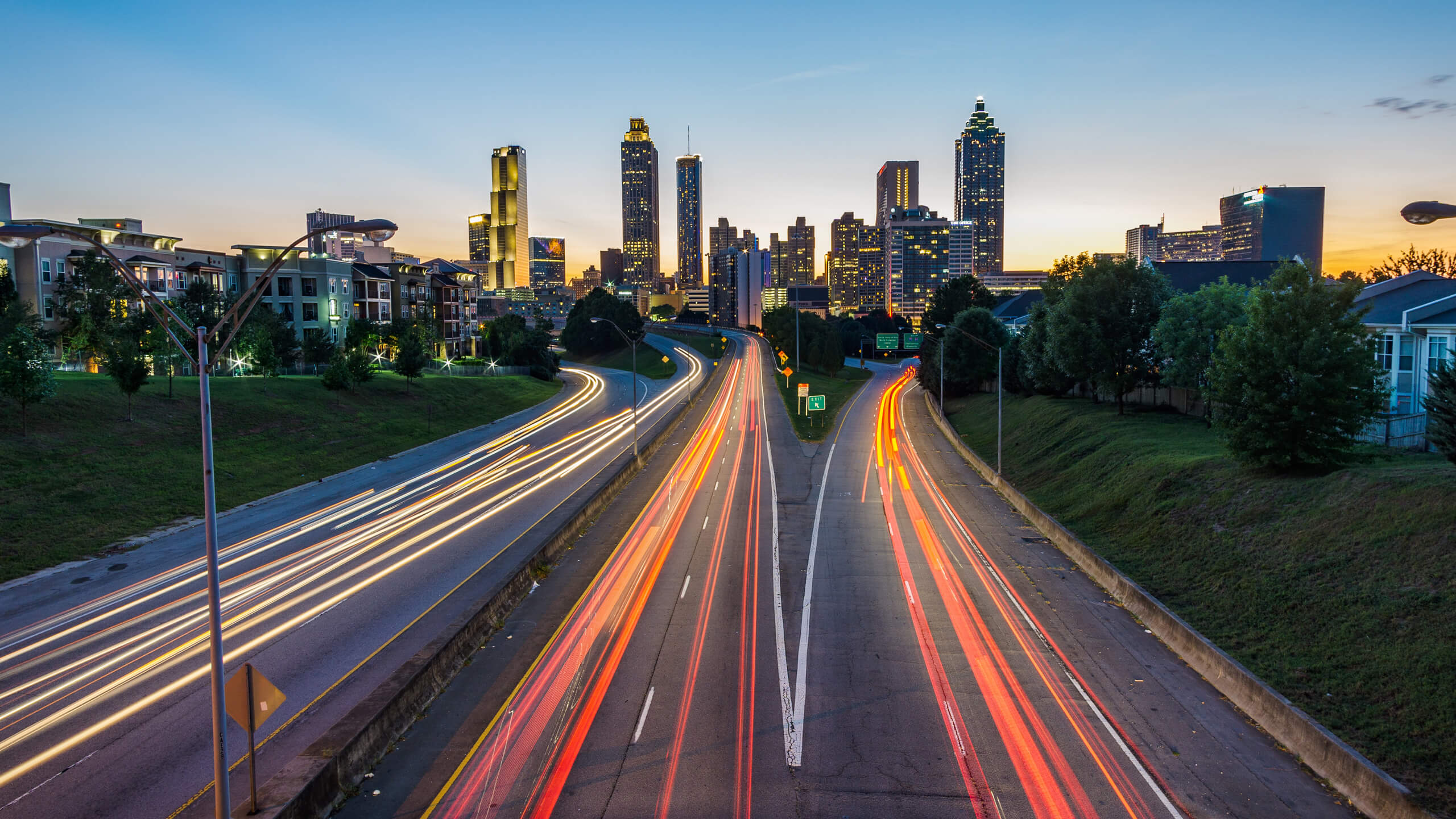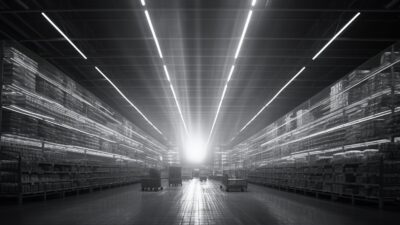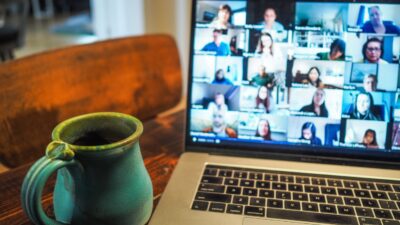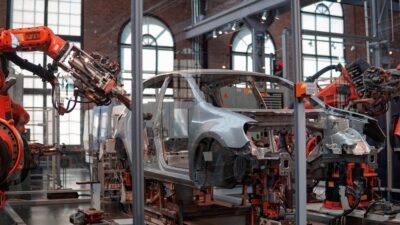Matthew Beck and David Hensher

COVID-19’s temporary measures a long-term solution to road congestion
Australians have reduced their weekly household trips by 50%, according to research undertaken by Matthew Beck and David Hensher at the Institute of Transport and Logistics Studies.
The key insight
Australians have reduced their weekly household trips by 50%, according to research undertaken by Matthew Beck and David Hensher at the Institute of Transport and Logistics Studies.
This represents significant reductions in commuting trips and also those for social and recreational activities.
This level of compliance with stay-home orders demonstrates both a strong level of agreement that COVID-19 was a threat requiring drastic action and a high level of trust in the appropriateness of the restrictions demanded of us by governments. Organisations also played a vital role in swiftly facilitating working from home arrangements.
However our research also reveals the very success of this messaging has created a stigma around public transport. The concern is that even with the easing of COVID-19 restrictions the car will become more attractive as an ongoing bio-security measure – resulting in road congestion worse than before the pandemic.
To avoid hyper road congestion there are a number of policy responses that Government and organisations could get behind:
- Working from home should continue to be encouraged (after the haphazard start we quickly appreciated the productivity, equity and work-life advantages we had suddenly crashed into)
- Active transport (walking, cycling) already boosted by the COVID-19 restrictions, should be further supported (bringing health as well as other benefits)
- Peak-spreading, or staggering commuting hours, so we have less dramatic peaks (after all we have shown great aptitude for flattening curves)
As we leave the current state of consensus over action, to a potentially more difficult and more fractious period of easing restrictions, there will likely be a competition of ideas and opinions over appropriate action. We need to continue to support each other and maintain the resilience that has allowed us to come this far together.
This represents significant reductions in commuting trips and also those for social and recreational activities: all important for our social and mental health.
In dealing with this sizeable impact to the nature of work and social connectedness, our research indicates strong levels of community agreement that COVID-19 represented a threat requiring drastic action. It also reveals high levels of trust in governments and organisations regarding the appropriateness of the response.
However, there are challenges yet to be faced as restrictions ease. The research also shows a new-found aversion to public transport: given the increased attractiveness of the car, as bio-security becomes an attribute in mode choice, if we are not careful we can expect to see congestion at levels even worse than before the COVID-19 pandemic.
One unintended consequence of COVID-19 is many now see working from home as a viable option, including and especially employers. While we entered working from home (WFH) in a haphazard manner certainly there are productivity, equity and work-life balance gains inherent in the arrangement. Given our generally positive experiences that might just be enough to get many to rethink traditional work arrangements.
WFH, at least in the short term, will be important as restrictions are eased, particularly because we are likely to see a spike in congestion driven by capacity constraints on public transport and the concern that the mode presents.
Public policy should also support the uptake in healthy ‘active’ transport such as walking and cycling, bringing multiple benefits of easing road congestion, improving mental and physical health and promoting stronger communities.
Seizing this crisis momentum, we also want to champion another long-held transport objective: peak-spreading – staggering commuting hours so we have less dramatic peaks.
Human beings are pretty “sticky” creatures in that we are habitual, and many behaviours are quite ingrained. As restrictions ease and memories dim, people way well return to those default behaviours. If we can though, we should look at this current forced intervention and imagine how it can improve the future.
It only takes a little bit of pressure to be removed from the peak, for the transport network to operate significantly more efficiently. Some amount of increased working from home should continue to be embraced, understanding that not everyone is fortunate enough to be able to work this way, and that inequalities in WFH continue to exist.
Overall the careful mix of legislated change and change which has been given over to the Australian public to own, has been successful thus far in reducing rates of infection. We have trusted the actions of our governments, taken ownership of the problem, and worked together on the solution. But that has been the easy bit.
As shops open up, social gatherings allowed, as we return to work, travel will change. Once more governments and organisations should be aware of other side-effects of the COVID-19 pandemic that might also interrupt work, travel and activities that have been shown to be important to our wellbeing.
As we leave the current state of consensus over action, to a potentially more difficult and fractious period of easing restrictions, there will likely be a competition of opinions over appropriate action. We need to continue to support each other, and maintain the resilience we have shown thus far, that has allowed to come this far together.
The report containing the preliminary findings can be found on the Institute of Transport and Logistics Studies website.
This is part of a series of insights related to Coronavirus (COVID-19) and its impact on business.
Image: Joey Kyber
Matthew is Professor of Decision Making and Choice at The University of Sydney Business School in the Institute of Transport and Logistics Studies. His research focusses on behavioural economics and modelling.
David Hensher is Professor of Management, and Founding Director of the Institute of Transport and Logistics Studies (ITLS): The Australian Key Centre of Teaching and Research in Transport Management in The Business School at The University of Sydney.
Share
We believe in open and honest access to knowledge. We use a Creative Commons Attribution NoDerivatives licence for our articles and podcasts, so you can republish them for free, online or in print.





